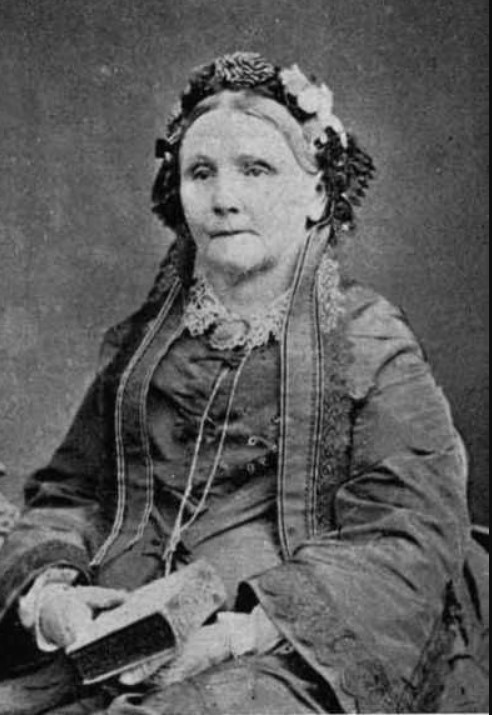Thomas Buddle on:
[Wikipedia]
[Google]
[Amazon]
Thomas Buddle (24 December 1812 – 27 June 1883) was a New Zealand missionary and Wesleyan Methodist leader.

Early Life
Thomas Buddle was born inDurham Durham most commonly refers to:
*Durham, England, a cathedral city and the county town of County Durham
*County Durham, an English county
*Durham County, North Carolina, a county in North Carolina, United States
*Durham, North Carolina, a city in No ...
, County Durham, England on 24 December 1812, the son of Mary Anderson and Mathew Buddle. Buddle was ordained by the Wesleyan Methodist Conference in 1839. On 16 August 1839 he married Sarah Dixon (1813-1884) also of Durham. They immigrated to New Zealand the next month together with several other missionaries on the Wesleyan-Methodist Missionary Society's schooner ''Triton''. They arrived in Hokianga
The Hokianga is an area surrounding the Hokianga Harbour, also known as the Hokianga River, a long estuarine drowned valley on the west coast in the north of the North Island of New Zealand.
The original name, still used by local Māori, is ...
in May 1840. They had ten children in the next twenty years.
Life as a Missionary in New Zealand
Thomas and Sarah Buddle served as missionaries among theMāori people
The Māori (, ) are the indigenous Polynesian people of mainland New Zealand (). Māori originated with settlers from East Polynesia, who arrived in New Zealand in several waves of canoe voyages between roughly 1320 and 1350. Over several ce ...
at Whāingaroa, Porirua, Waipā, and Te Kōpua. They opened several mission schools and baptised many Māori leaders.
In 1844, he was appointed as head of the Wesleyan Native Institution, Three Kings near Auckland, a college devoted to training Māori teachers. For the next twenty-one years he ministered to Māori and Pākehā congregations in Auckland while also serving in leadership positions in Wesleyan missionary conferences. He was appointed Chairman of the Wesleyan district of Auckland in 1855. In 1860 he published a pamphlet, "The Maori King Movement in New Zealand," in which he described the dangers of the growing political power of the Kīngitanga and cautioned against the use of military force.
In 1861 he was elected secretary to the Australasian Wesleyan Conference held in Sydney
Sydney ( ) is the capital city of the state of New South Wales, and the most populous city in both Australia and Oceania. Located on Australia's east coast, the metropolis surrounds Sydney Harbour and extends about towards the Blue Mountain ...
, and as president of the ninth conference, held at Hobart
Hobart ( ; Nuennonne/Palawa kani: ''nipaluna'') is the capital and most populous city of the Australian island state of Tasmania. Home to almost half of all Tasmanians, it is the least-populated Australian state capital city, and second-small ...
in 1863. In 1866 he was sent to serve as Chairman of the district at Christchurch then Wellington in 1870. He was sent to lead the Nelson district, and in 1874 he was elected as president of the first New Zealand Wesleyan Conference.
He edited the te reo Māori newspaper ''Te Haeata'', which was published from 1859 to 1862. He also served as one of the Wesleyan representatives on the Māori Bible Revision Committee. In 1875 he was appointed to the newly created Three Kings Theological and Training Institution (later Wesley College). 
Retirement and Death
Rev. Buddle retired from his role as Principal and Theological Tutor of the Wesleyan College, Three Kings, in 1881, but continued in his role as General Secretary to the Wesleyan Home Mission. He gave his last sermon on 17 June 1883 in Onehunga and grew increasingly ill complaining of pains in his chest. He died in his home at 1 a.m. on the morning of 27 June 1883. He was buried in the Symonds Street Cemetery. >References
Further reading
* * * {{DEFAULTSORT:Buddle, Thomas 1812 births 1883 deaths English Methodist missionaries English emigrants to New Zealand New Zealand Methodists Methodist missionaries in New Zealand